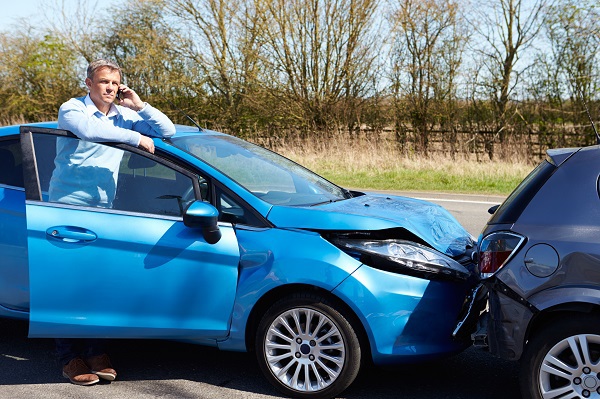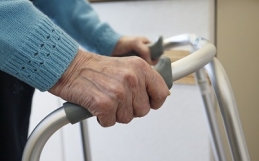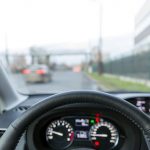Recently, the driver of a semi-truck crashed with a self-operating shuttle bus in Las Vegas. The shuttle bus had stopped when it sensed the truck, but to no avail. The shuttle has no steering wheel or brake pedals, but relies on GPS and other technology to navigate the streets. No injuries were reported. It wasn’t clear what had caused the wreck. What if there had been injuries? Which vehicle would be liable?
“If you think the aftermath of car crashes is complicated now — the arguments over fault, over repair costs, over whose insurance policy will pay — wait until self-driving cars are sharing the roads with human drivers,” wrote Nathaniel Popper in the New York Times. “A fender-bender involving a Tesla means an expensive fender needs to be paid for; a part full of sensors and cameras costs a lot more to replace than a hunk of plastic on the back of an old Camry.” He warns that instead of disputes over which driver was at fault in a crash, the argument will extend to questioning whether the auto-driving technology in either vehicle was at fault.
Popper wrote optimistically, “When all vehicles are driving themselves, the manufacturers themselves are very likely to assume all of the blame for accidents. Most such companies have said that they plan to pay for anything that happens while their cars and software are in charge.” A recent action by General Motors (see my next blog) calls that rosy view into question. GM Cruise vehicles have been involved in 13 crashes reported to California regulators in 2017.
“Being a backseat driver in your own car might affect your need for auto insurance,” commented foxbusiness.com. Some observers have predicted a shake-up in the auto insurance industry, with self-driving cars leading to fewer accidents. The existing automatic features, such as lane-departure warnings, adaptive cruise control and collision-avoidance braking, in many newer vehicles help prevent accidents. In 2016 the Insurance Institute for Highway Safety reported its finding that automatic braking systems reduced rear-end crashes by about 40 percent, while forward collision warning systems cut them by 23 percent.
Richard Manger, principal of Manger Law Firm, has extensive experience in litigation and settlements, with a focus on personal injury and workers’ compensation law. We are proud of the strong relationships of loyalty and trust we develop with our clients. We go above and beyond to achieve the best possible outcome in your case. You can contact Richard Manger via email at ram@mangerlaw.com, or by calling (336) 882-2000.




